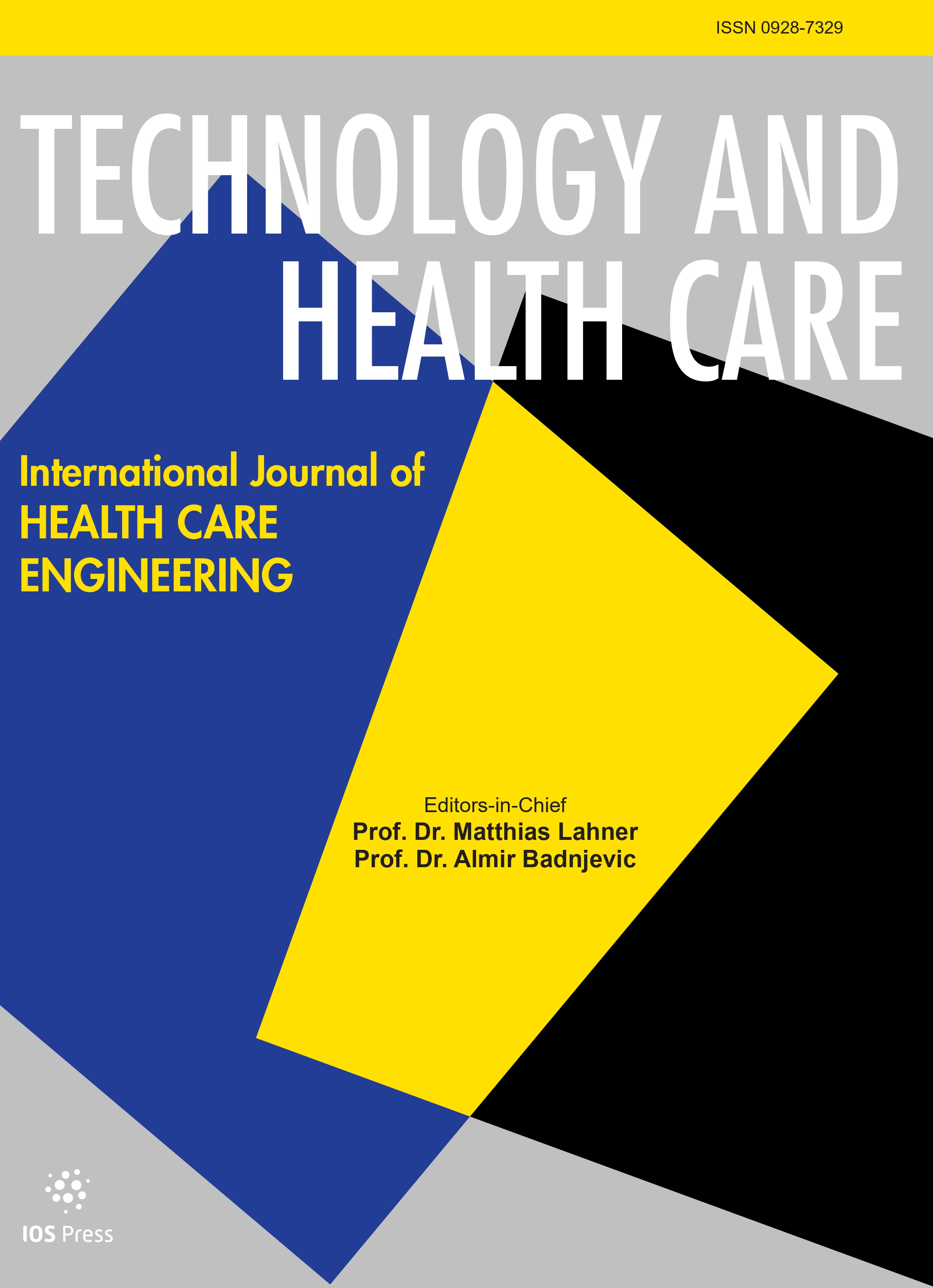Authors: Mahmud, Nadim | Rodriguez, Joce | Nesbit, Josh
Article Type:
Research Article
Abstract:
Healthcare delivery in the rural developing world is limited by a severe shortage of health workers as well as profound communicative and geographic barriers. Understaffed hospitals are forced to provide care for patients that reside at a great distance from the institutions themselves, sometimes more than 100 miles away. Community health workers (CHWs), volunteers from local villages, have been integral in bridging this patient-physician gap, but still lose enormous of amounts of time in transit between hospital and village. We report the results of a retrospective mobile health (mHealth) pilot at St. Gabriel's Hospital in Malawi designed to eliminate many
…of these trips in favor of communication via text messages. A group of 75 CHWs were supplied with cell phones and trained to utilize the network for a variety of usage cases, including patient adherence reporting, appointment reminders, and physician queries. At the end of the pilot, the hospital saved approximately 2,048 hours of worker time, $2,750 on net ($3,000 in fuel savings minus $250 in operational costs), and doubled the capacity of the tuberculosis treatment program (up to 200 patients). We conclude that mHealth interventions can provide cost-effective solutions to communication barriers in the setting of rural hospitals in the developing world.
Show more
Keywords: Mobile health (mHealth), cell phones, text messaging, SMS, FrontlineSMS, Malawi, St. Gabriel's, community health workers (CHWs), tuberculosis, HIV, patient adherence monitoring, communication barriers, hospital efficiency, brain drain
DOI: 10.3233/THC-2010-0576
Citation: Technology and Health Care,
vol. 18, no. 2, pp. 137-144, 2010
Price: EUR 27.50





